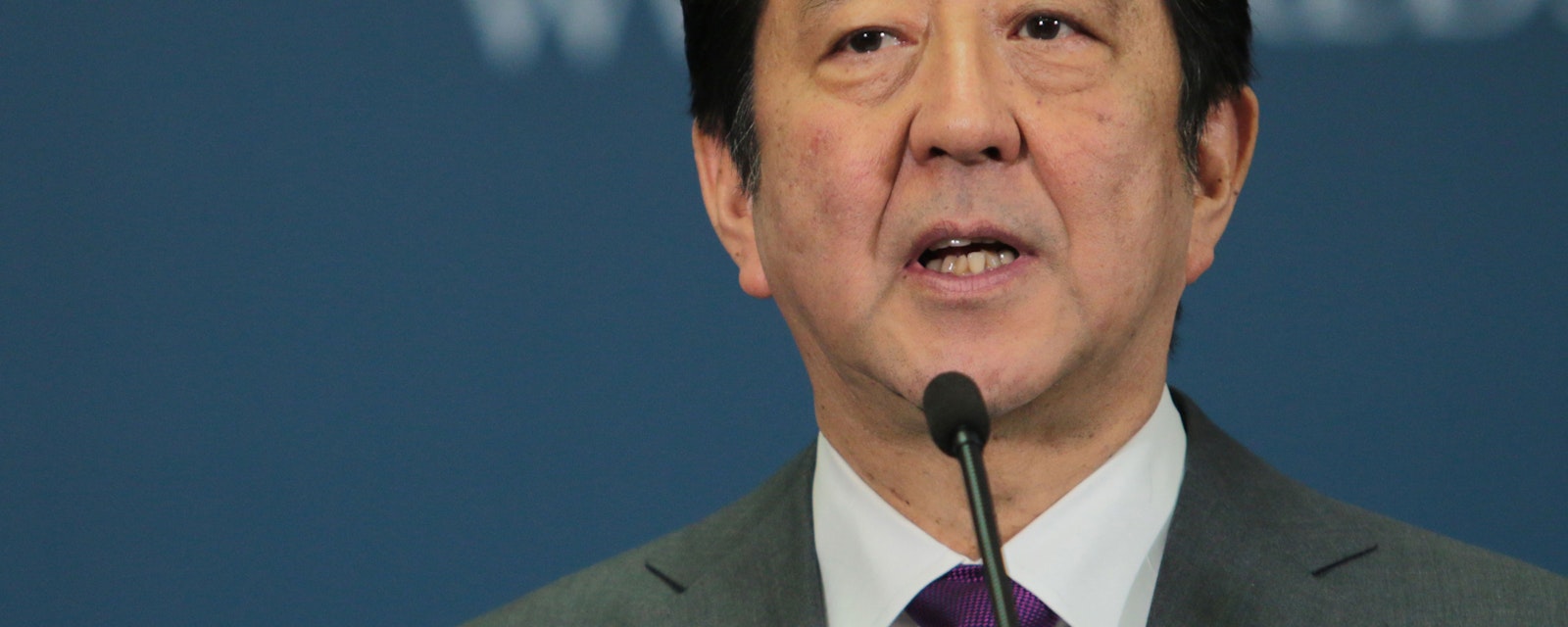The Abe administration is on the defensive after reports emerged of irregularities in the data used to justify its pending reforms to Japan’s regulations regarding flexible working hours.
Arguing that the government’s proposals are based on false pretenses, opposition parties have called for the administration to withdraw its legislation. While the prime minister and other officials have apologized for the errors, they have refused to offer concessions to the opposition’s demands. Thus far, Prime Minister Shinzo Abe has paid no political cost for the government’s handling of the issue, though the public is opposed to the reforms and skeptical of the government’s explanations for the mistakes.
The issue began when Abe referred to Ministry of Health, Labor, and Welfare (MHLW) survey data from 2013 that he said showed that workers who work under the current “discretionary labor” system – in which they are paid according to a fixed number of hours instead of actual hours worked – actually work fewer hours than regular workers. It later emerged, however, that the surveys the prime minister referenced were flawed and did not properly compare regular and “discretionary” workers. In response, Abe withdrew his statement and apologized. Abe’s apology, however, has intensified scrutiny of the survey data and the reform legislation more broadly, and the MHLW has acknowledged a growing number of problematic cases from the surveys. The government has blamed the ministry and promised to press on with the planned legislation, but opposition lawmakers and the media have questioned what senior administration officials knew and when they knew it, while ruling party lawmakers and Sadayuki Sakakibara, chairman of business federation Keidanren have suggested that the MHLW needs to conduct a new survey to dispel doubts surrounding the reforms.
With polls showing that the public has turned against the legislation and is overwhelmingly skeptical about the government’s explanation for its treatment of the survey data, the pressure on the administration to either drop the “flextime” reforms from the work reform package or withdraw the legislative package entirely will grow. Having devoted the current session to passing work reform, the prime minister cannot withdraw work reform bills entirely without suffering a major blow to his agenda. However, with even the government’s allies expressing concerns over the data underlying the flextime proposal, the administration could be forced to shelve discretionary labor reform to defend the broader work reform package. This could in turn weaken support for the reform package, which rests on a bargain whereby organized labor would receive desired regulations to combat long working hours and help non-regular workers, while in exchange employers would receive long-desired merit pay reforms.
The government has previously sought to broaden the use of merit pay for well-paid skilled workers, but a 2015 effort faltered in part due to missteps by the MHLW. The latest attempt began with the establishment in 2016 of a reform council that issued an action plan in 2017 that included more merit pay for white-collar workers, tighter restrictions on overtime work, measures to reduce the pay gap between regular and non-regular (part-time or temporary) workers, and other reforms. These reforms, submitted to the Diet this session, had been scheduled for passage during the autumn 2017 Diet session that was preempted by the October general election.




